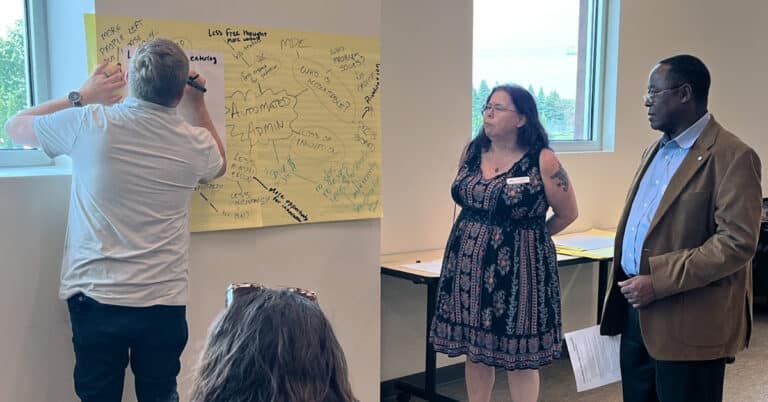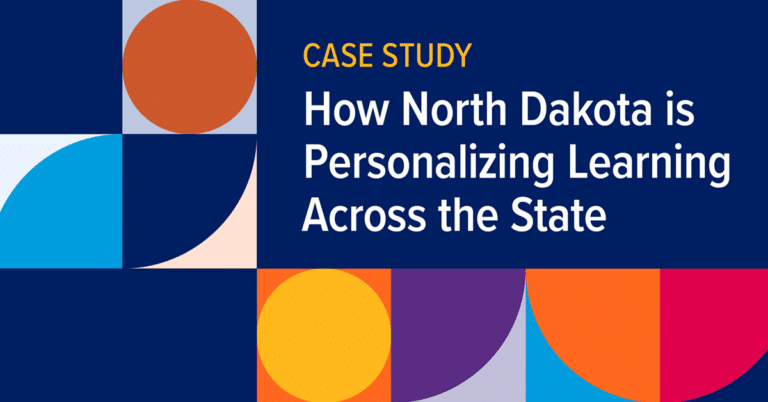Recently we saw in stark black and white terms the National Assessment of Educational Progress (NAEP) results and predictably, they were not good.
The scores showed significant drops in achievement in math and reading as well as the substantial disruption in learning for our children because of the COVID-19 pandemic. The release of the scores brought forth a maelstrom of opinions and hand wringing. The predictable camps emerged:
“Schools should have never closed in 2020!” “Catholic schools are the silver bullet!” “Charters outperformed public schools!” “Tests are evil!”
This typical call-and-response papers over the real issue in our country: our insatiable need to politicize every issue and the fact that we do not prioritize our children.
The impact of the pandemic, especially on our most vulnerable students, was predictable as the darkness of March 2020 descended upon us all. Our education system is rigid and lacks the nimbleness to adapt to meet the needs of our learners. Two important points here: first, there are many educators that went over and above to meet the needs of their students. Their heroic efforts moved around and through the massive holes in our system. These efforts, unfortunately, are not scalable solutions.
Secondly, parents knew their children were struggling. I’ve seen some commentary that we shouldn’t lie to parents about these scores. Really? Parents know. We know that online school sucked. We know our kids suffered academically, socially and emotionally. I’m thinking of the Masai people of eastern Africa who, when they meet, ask a simple yet profound question: “How are the children?”
In the wake of the NAEP scores, we need to say that our children are not well. This goes beyond academics. Our children, as did we, suffered from isolation, depression, anxiety and the trauma of a disconnected life during the pandemic. There isn’t an expiration date on trauma. The impact of COVID-19 will linger, and it will not just effect academics but every area of children’s development. Some have asserted that we’ve lost a generation. I would say that’s fatalistic and fails to account for our collective agency and resiliency. This generation will achieve mightily with our help. This has always been true.
“As education increasingly becomes a political football, it’s important to remember who is impacted by the policies and practices that are being politicized: students.”
Read more >>
There was a rush to blame after the release of the NAEP scores. We need a boogie man and one that proves previous assertions and opinions. This fixed mindset-like focus on stated policy positions will not serve us going forward. It’s not about ego, or about being right. We need to put our energies instead toward incorporating new data and evolving our positions if we are to create a system that truly serves the children we profess to care about.
We must ask ourselves how we build a system that centers student needs and interests so that they can both make up for lost ground and build upon that stronger foundation to excel academically. If we accept this challenge, adults will need to come out of their respective foxholes to reimagine what the system can be for every learner. This will be our only hope to achieving a more equitable, responsive system.






